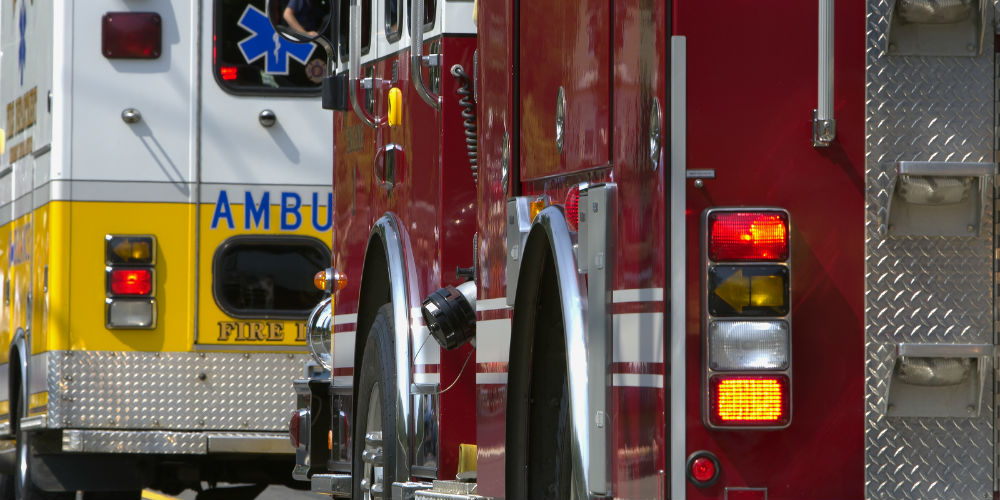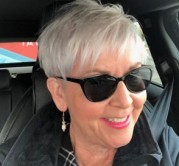Here comes the meat wagon!

In my continuing adventures as a Volunteer Fire/EMS, I can’t help but find similarities between care and transport of the sick and injured to serving members in a credit union.
First observation – most credit union lobbies and offices are built to mimic a trip to the doctor. There’s usually a person or a desk where you “sign in” and then a boring waiting area with outdated magazines where you sit and wait for someone to call your name. Then you are lead back down a hallway past a row of rooms until finally, you reach your “exam” room. The only positive difference is we don’t weigh people. Our “vitals” are credit score, debt ratio, the length of employment/residence.
Second observation – I’m on call most days that I work from home. And like a credit union, you can never accurately predict the “traffic pattern.” It’s not unusual for us to go 3-5 days without a single call. Two weeks ago we had a record 7 calls in 48 hours. It’s very similar to branch traffic. You try and staff it appropriately but inevitably you’ll have an unexpected “rush” and find the lobby line growing and seating area filled with waiting members. Adrenaline cannot help but kick in, but as Chief John tells us, “Be a duck.” On the surface, a duck looks calm, cool and collected just gliding along the water while underneath (behind the scenes) he’s paddling like crazy.
Another observation – When dispatch calls, it’s like a call center call. You never know what you’re going to pick up. And quite often the first thing you hear is not the real problem. When people are angry, frustrated, panicked they tend to lead with emotion rather than facts. I was trained in the call center to actively listen, clarify with open-ended questions and be empathetic. It’s no different in EMS. When we first arrive on scene we form a general impression of the patient, not letting the information from the 9-1-1 call to give us tunnel vision. They could have called with nausea and headache only to show up and see a laceration on their forehead. Treat the immediate life threats.
My latest observation, the meat wagon turnover. Put another way, the delivery of a patient to the emergency room at the hospital and the subsequent “hand off” to medical personnel.
Our very first responsibility when entering a scene is safety. We often respond to volatile situations. You can’t help but by hyper-aware of your surroundings. After all, most of our calls involve walking into someone’s home – during a crisis. They are not expecting company and so you see them in their rawest form. Uneaten dinner on the table, dogs barking, frightened kids peeking out from the hallway, dirty dishes in the sink. Our goal is to get people through their worst day with compassion and dignity. When I’m on the scene I often see evidence of their “best day.” Wedding photos, graduation, people in military uniforms, baby pictures. During transport (our average 45 minutes because of how rural we are) it’s our job to gain as much knowledge of the patient’s history as possible. Many people will share more than you need – but that’s how you really get to know them. You form an odd bond in that commute.
Then you arrive at the Emergency Room door. We always call ahead so they know we’re coming, but the hand-off is very impersonal. The nurses and doctors see your gurney as delivering just another “piece of meat.” They don’t have the benefit of our experience and so they don’t see the person, they only see the problem that must be solved. It’s not protocol to tell them anything but the facts of the treatment en route. The doctors and nurses work very hard in very stressful situations, but it has taken me some getting used to turn off my emotions and just hand off the patient.
We need to be very careful not to treat our members like just another problem, or an interruption to our day. It’s incumbent upon us to listen carefully to them and treat them like the member/owner they are. So many of our processes have been automated (in particular the credit score) that we don’t take the time to get to know people anymore. They are not just a “piece of meat,” they are the reason we exist and the work we do matters.

